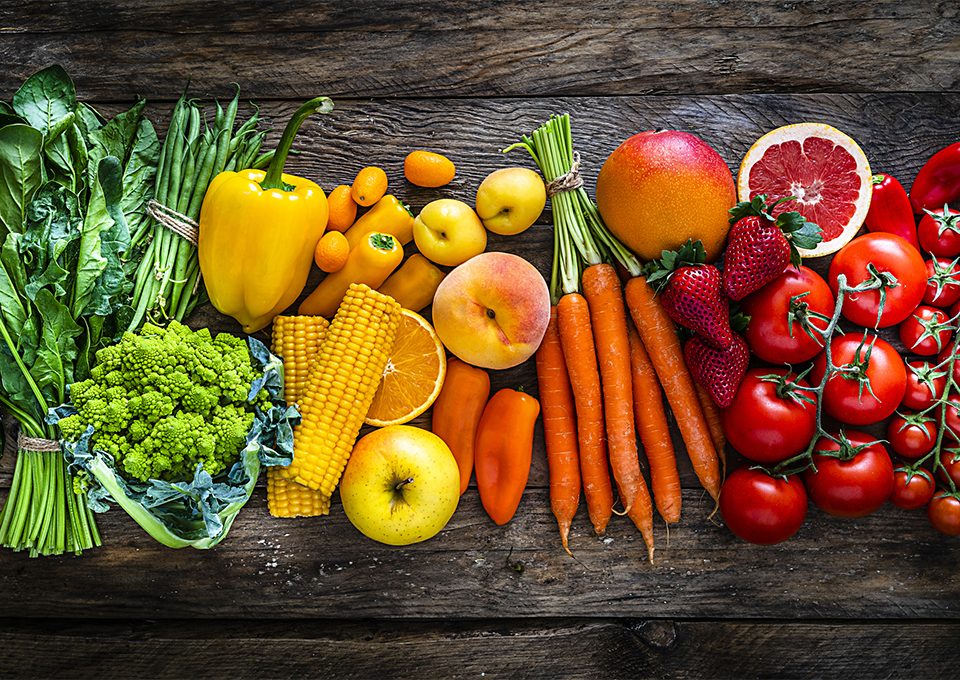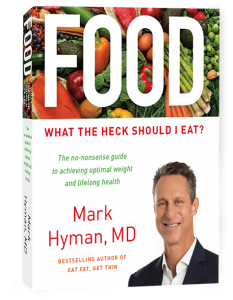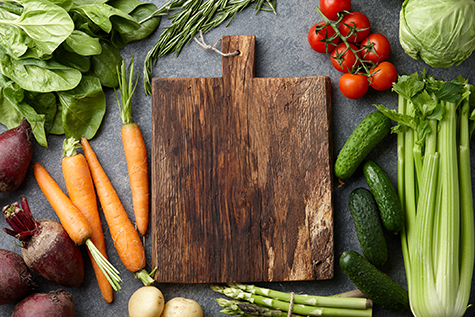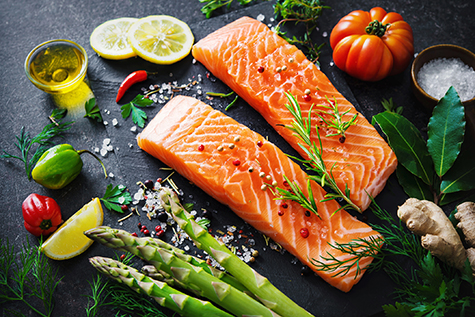What the Heck Should We Eat Now?


 Bestselling author Dr. Mark Hyman is here to set the record straight in Food: What the Heck Should I Eat? — his most comprehensive book yet — he takes a close look at every food group and explains what we’ve gotten wrong, revealing which foods nurture our health and which pose a threat.
Bestselling author Dr. Mark Hyman is here to set the record straight in Food: What the Heck Should I Eat? — his most comprehensive book yet — he takes a close look at every food group and explains what we’ve gotten wrong, revealing which foods nurture our health and which pose a threat.
For many people, eating right is understandably complicated. New studies emerge every day about whether certain foods should be part of your diet, making it tough to recognize what’s good and what’s bad for your health. But it doesn’t have to be that way.
Did you know that eating oatmeal actually isn’t a healthy way to start the day? That milk doesn’t build bones, and eggs aren’t the devil?
From grains to legumes, meat to dairy, fats to artificial sweeteners, and beyond, Dr. Hyman debunks misconceptions and breaks down the fascinating science in his signature accessible style. He also explains food’s role as powerful medicine capable of reversing chronic disease and shows how our food system and policies impact the environment, the economy, social justice, and personal health, painting a holistic picture of growing, cooking, and eating food in ways that nourish our bodies and the earth while creating a healthy society.
He suggests you should focus on high-quality food—not necessarily the most expensive—in the following categories: fruits, veggies, nuts, seeds, beans, whole grains and proteins like chicken and fish. Here are some of the things he recommends for budget-friendly eating:
- Shop the perimeter of the grocery store. It’s where you’ll find affordable fresh produce, dairy, healthy proteins and seeds.
- Get creative with where you buy your food. You don’t have to shop in a gourmet food store, a health-food store or a farmer’s market to eat well, says Hyman. “Community supported agriculture and online shops are two of the ways to get whole food products for 25 to 50 percent less.”
- Buy in season. Fruits and vegetables are less expensive at certain times of the year.
- Plan out your weekly menu and grocery list. You’ll avoid spending money on unnecessary extras and cut down on food waste.
- Buy in bulk. Stock up on foods you use daily—like eggs, beans, frozen foods and rice—at warehouse clubs. Only buy products you use regularly, or you may end up spending more.
The most important thing to remember about food: you should find a plan that works for you and your family, your dietary needs and your lifestyle. Ideally, it will be made up of simple, whole foods that don’t require much thought.
“Eating healthy is about piling up on the veggies and avoiding lots of refined sugars, flours and processed food,” says Hyman. “And I like to put it this way: eat what God made, not what Man made.”
True health isn’t just about losing a few pounds or about the absence of chronic disease: it’s about feeling good, showing up, and giving your highest gifts to the world.

